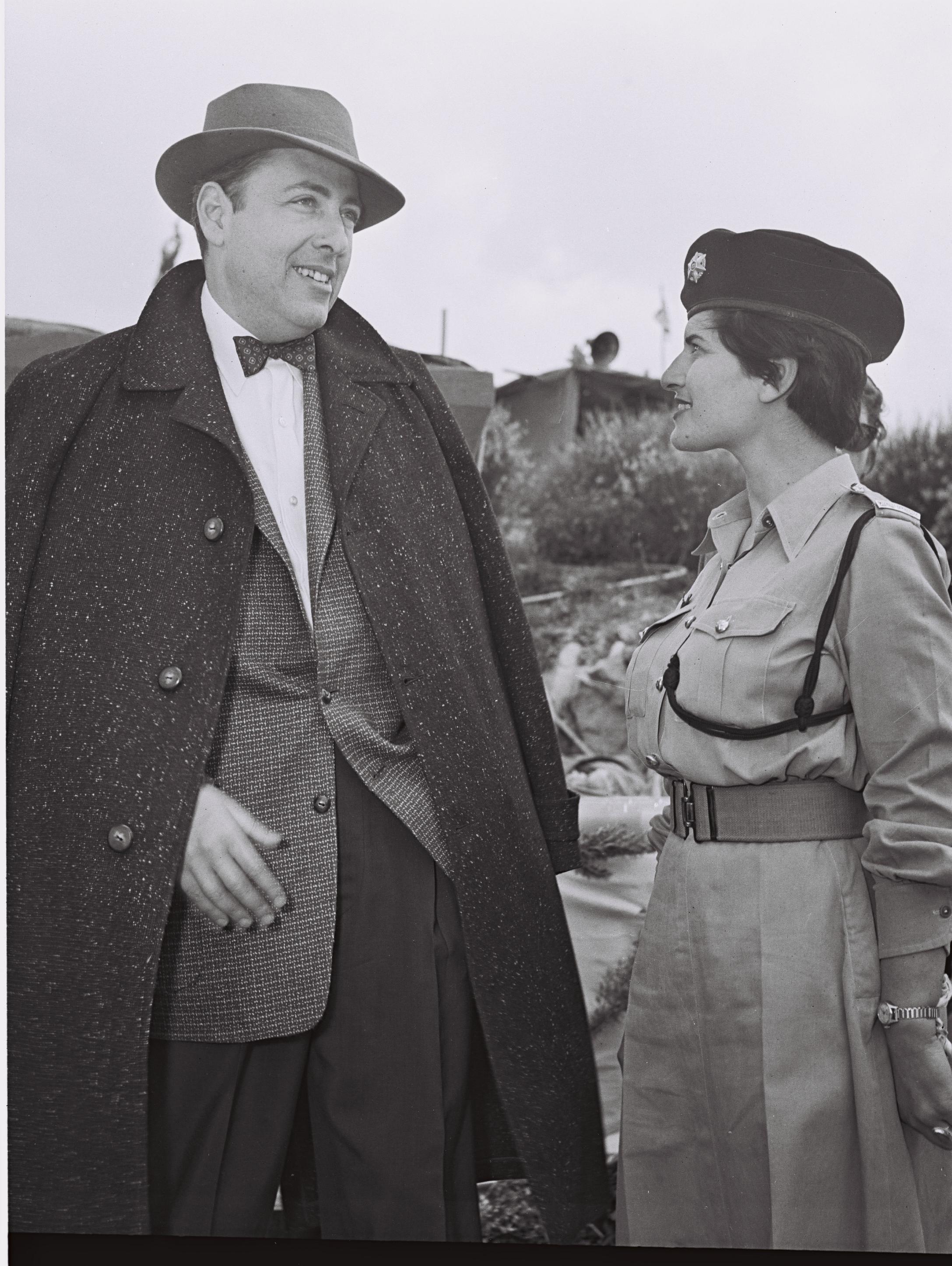Wouk << wohk, >> Herman (1915-2019), was a popular American novelist and playwright. He based his most successful books on his experiences serving in the United States Navy during World War II (1939-1945).

Wouk won the 1952 Pulitzer Prize for fiction for The Caine Mutiny (1951). This novel tells about the conflict between Philip Queeg, the unstable captain of an American minesweeper in the Pacific Ocean, and his rebellious junior officers. Wouk adapted part of the novel for a play, The Caine Mutiny Court-Martial (1954).
In The Winds of War (1971) and War and Remembrance (1978), Wouk described the effects of World War II on Victor Henry, an American naval officer, and his family. The two novels mingle fictional characters with historical figures against a background of major events of the period.
Wouk wrote two related historical novels about the founding of the modern state of Israel—The Hope (1993) and The Glory (1994). His other novels include Aurora Dawn (1947), City Boy (1948), Marjorie Morningstar (1955), Youngblood Hawke (1962), Don’t Stop the Carnival (1965), Inside, Outside (1985), A Hole in Texas (2004), and The Lawgiver (2012). His other plays are The Traitor (1949) and Nature’s Way (1957). He discusses Judaism in This Is My God (1959). Wouk wrote a memoir, Sailor and Fiddler: Reflections of a 100-Year-Old Author (2016).
Wouk was born on May 27, 1915, in New York City. He died on May 17, 2019.
